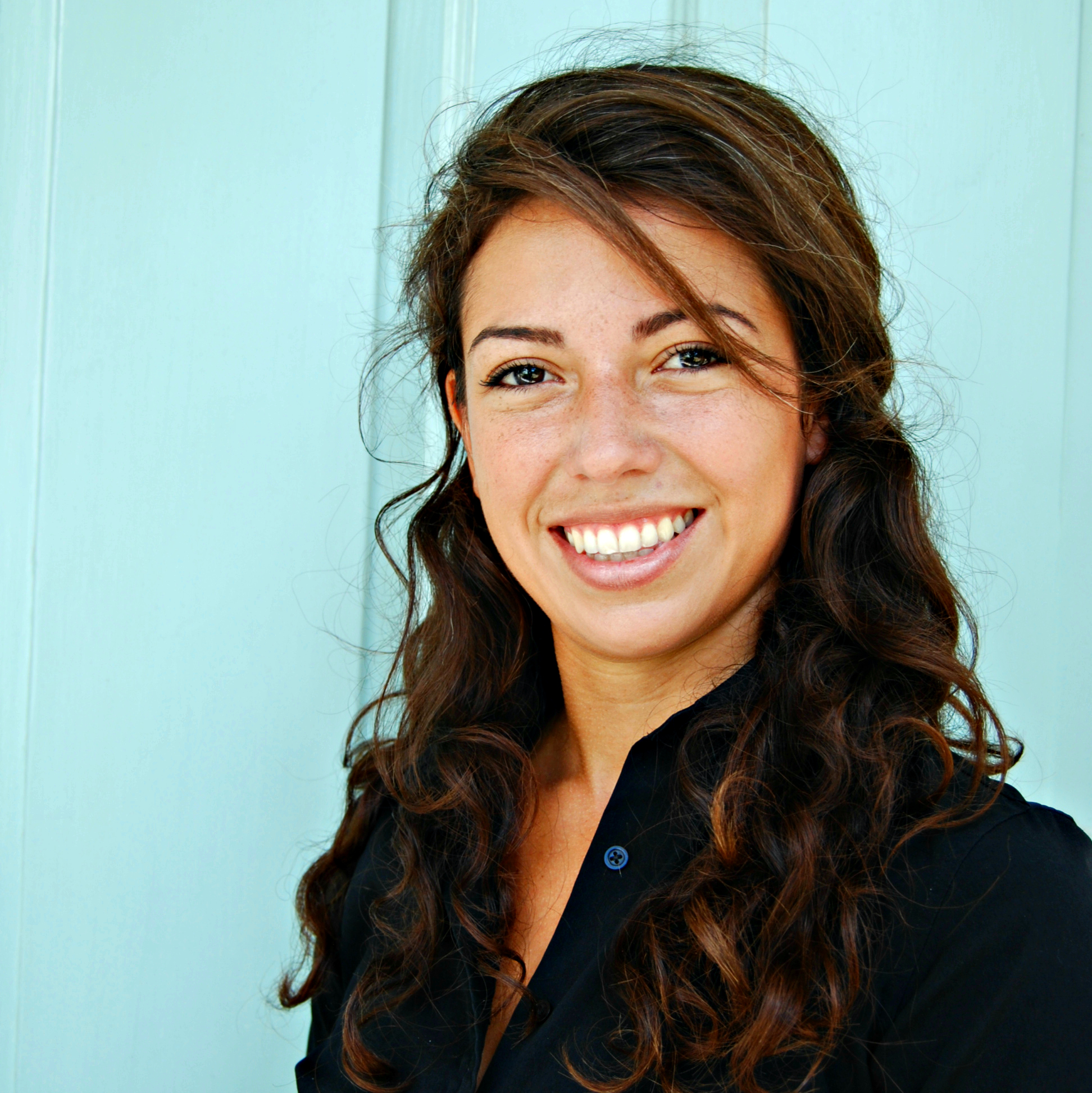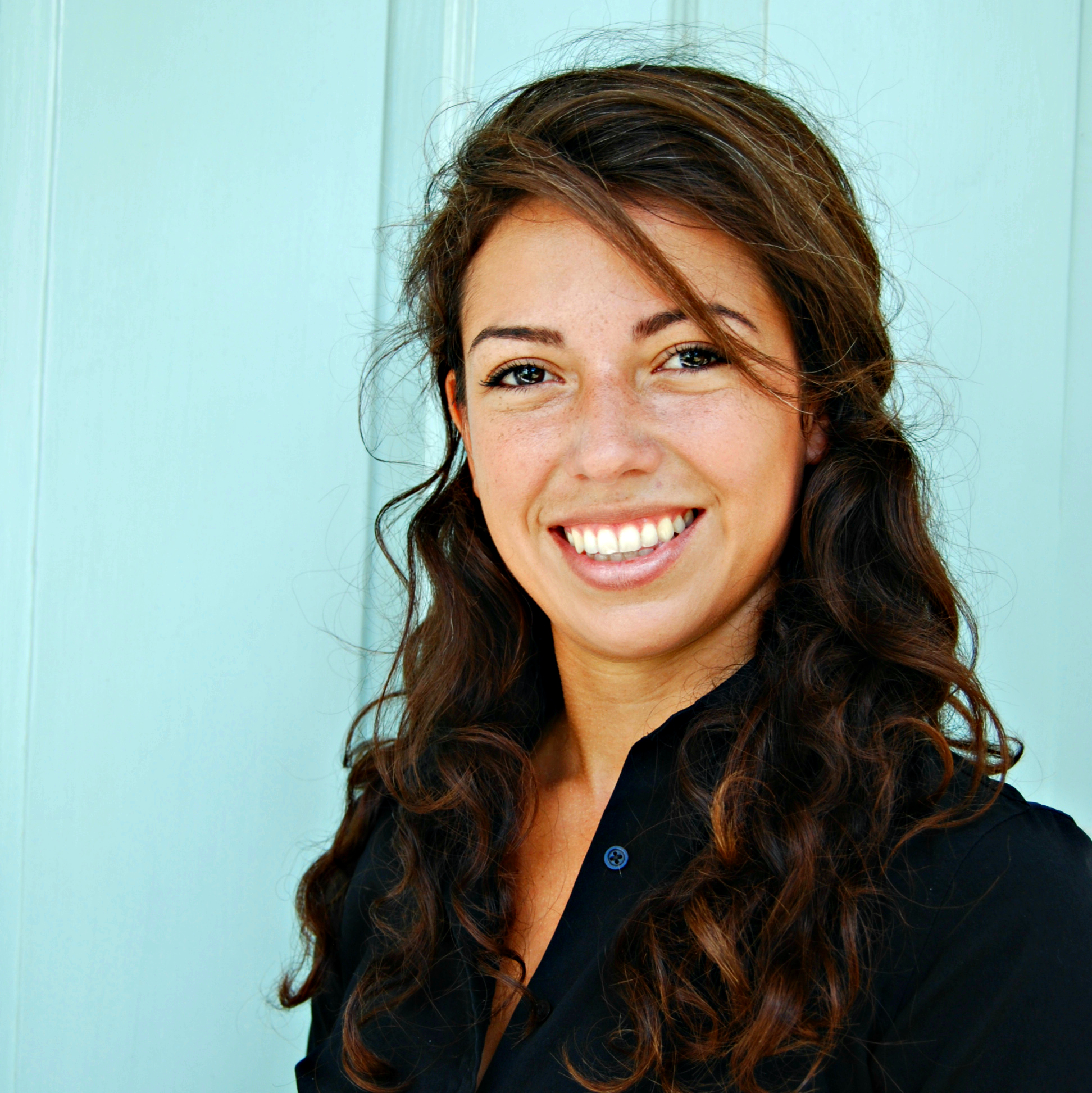
Scholar-Elect Miriam Alvorado's PhD will focus on the impact of Barbados' tax on sugary drinks.
Barbadian women are some of the least active in the world. Only one in 10 do enough physical activity.
Miriam Alvorado
A keen interest in the socio-economic determinants of health has driven Miriam Alvarado’s research work from high school through her university years, leading to stints working on projects in India, Ghana and Barbados.
She is currently based in Barbados where she is focusing on the high prevalence of inactivity amongst women, which can lead to a higher risk of many non-communicable diseases.
In September she plans to take that research one step further when she begins her PhD which will provide an evaluation of the country’s tax on sugar-sweetened beverages, introduced last September.
Miriam’s interest in global health began in high school in California when she went on a global youth leadership seminar. It was the first time she had been exposed to international politics and issues such as global health and human rights. “It was very exciting. I felt I had found something I could be very passionate about,” says Miriam, who comes from a very international family – her father is from El Salvador and her mother from Switzerland. The two met in the UK where Miriam was born and moved to California for work when she was two.
India and Ghana
The high school leadership seminar became a springboard for the type of courses Miriam went on to choose at the University of California Berkeley, starting in 2006. She opted for courses in economics and development studies and spent six months in Ghana working on a PhotoVoice project which involved teaching young people photography skills so they could use images to explore their perceptions of health issues.
For three summers she worked via the student organisation Haath Mein Sehat on a water and sanitation project in India aimed at reducing illness in under fives. The first year she was the PhotoVoice coordinator, working with a group of college students and youth in different urban slums to investigate their daily experience of water sanitation.
By the third summer she was director of the organisation, coordinating a group of nine students who were doing water quality testing paired with ethnographic research. That involved staying with families and collecting water samples at different times of day to test for bacteria like E. coli. This led to new insights about high-risk contamination pathways, such as children’s bottles which are difficult to clean and accumulate high levels of dangerous contamination. “It was a steep learning curve. It was important to go back year on year to learn and build relationships,” says Miriam. “By the end I had a good understanding of the situation.” That experience was to prove pivotal for her subsequent career, highlighting the importance of socio-economic factors in global health work.
After finishing her undergraduate degree, Miriam took up a three-year Post Bachelor Fellowship at the Institute of Health Metrics and Evaluation in Seattle in order to build her quantitative data skills in an international public health setting. During that fellowship she was pleased to be able to return to Ghana for two months to do field work. She worked on the Access, Bottlenecks, Costs, and Equity (ABCE) project, a multipronged and multi-country research collaboration focused on understanding what drives and hinders health service provision. It involved going to hospitals and health centres to review budgets, outputs and costs. Miriam coordinated the 10 different teams in Ghana and travelled around the country.
Gun crime and obesity
Back in the US, she worked on the Global Burden of Diseases, Injuries, and Risk Factors Study, a project mapping disease and disability in the world. For her thesis, however, she opted to focus on US policy-related issues and analysed the impact of gun laws on domestic violence, with a particular emphasis on gun-related homicides. She was interested in whether policy intervention could help to reduce the murder rate and looked at whether different state laws made a difference – for instance, in some states people convicted of domestic violence cannot get a firearms licence; in some there is a narrow definition of domestic violence which only relates to married partners.
When her fellowship finished she decided to revert to her interest in the socio-economic determinants of health but this time through the prism of chronic disease prevention. “It is becoming clear that chronic disease is the next massive global health burden,” she says.
She applied for a Fulbright Fellowship to work on a project at the Chronic Disease Research Group at the University of the West Indies, working with women in Barbados. Women’s obesity rate in Barbados is almost twice as high as the obesity rate amongst men. Two reasons are lack of physical activity and diet. Miriam’s research looks at the role of physical activity. “Barbadian women are some of the least active in the world. Only one in 10 do enough physical activity,” she says. Her research shows that this is in part linked to highly gendered expectations of women’s role in the household. In a country with the world’s highest level of single mothers, sacrificing any time to keeping fit or active is seen as a low priority, says Miriam.
For her PhD with the MRC Epidemiology Unit at the University of Cambridge she will study the diet side of the equation, evaluating the country’s tax on sugar sweetened beverages, how it came into being and what kind of impact it might have.

Miriam Alvarado
- Alumni
- United States
- 2016 PhD Medical Science@MRC Epidemiology Unit
- Robinson College
Originally from California, I have been lucky enough to spend the last three years in Barbados studying physical activity and health disparities. I originally came to the Caribbean as a Fulbright Fellow, and was later affiliated with the University of the West Indies, Cavehill. The government of Barbados has recently passed a sugar-sweetened beverage tax and I am excited to focus my PhD with the MRC Epidemiology Unit on a multi-faceted evaluation of this tax. As so many countries around the world face growing concerns around obesity, diabetes and other related conditions, it is important for us to understand which policy tools are effective at addressing these issues at a population level. Before coming to Barbados, I was a Post Bachelor Fellow at the Institute of Health Metrics and Evaluation and focused on the Global Burden of Disease and social determinants of health. I received my MPH from the University of Washington, and have a BA in Economics and Development Studies from the University of California, Berkeley. It is an incredible honor to join the Gates Cambridge community, and I am looking forward to being part of and contributing to such a diverse and committed group of scholars.
Previous Education
University of Washington
University of California, Berkeley












